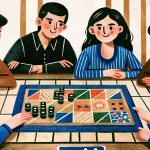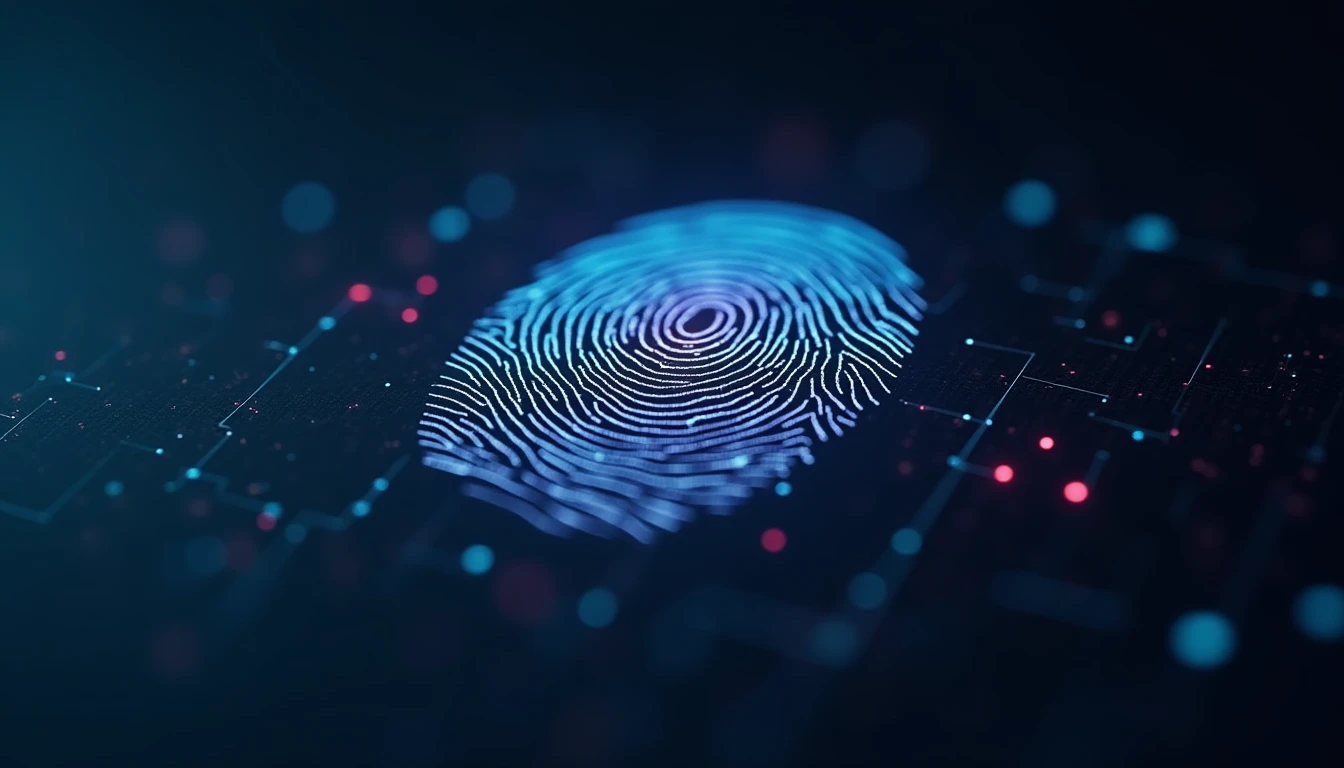Since logic games for adults not only help us with our own skills but also create special chances for talking, working together to solve problems, and even competing, and unlike games where people just fight, logic puzzles often build on working together, which makes them a great way to make connections and get better at communicating.

Teamwork in Online Puzzles: How to Solve Problems with Friends?
Solving puzzles with other people is one of the best ways to make friendships stronger and get better at working in a team, and in games where each person has special skills or can see different parts of the information, players must talk, share ideas, and build a plan together.
Good examples of this are games like the co-op mode of “Portal 2” or “We Were Here,” since in “We Were Here,” one player is in one part of a castle while another is in a different part, and they can only talk to each other on a radio to describe the puzzles they see.
So for them to win they must explain things very clearly and listen carefully to what their partner says, which makes it not just a game but a real communication workout that teaches people to work together well, listen to each other, and find common ground, as solving hard problems together creates a feeling of a shared win and deep happiness that helps make social connections stronger.
- Sharing Roles. Players quickly understand who is best at a certain job, so one person might be good at thinking about space, another at logic, and a third at finding small details.
- Clear Communication. The ability to quickly and clearly share information becomes key, since a poorly described detail can cost you the win, which makes players want to be more exact and careful with their words.
- Synchronizing Actions. Many puzzles need things to happen at the same time, which teaches players to act together and trust each other.
Social Networks and Logic Games: How Do They Meet?
Logic games and social networks are closely connected, since social platforms have become the main way to share puzzles and talk about experiences.
- Integration into Social Networks. Many simple puzzles, like games from “Mind Elevate” or “2048,” became very popular because of social networks, since players often share their results, invite their friends to play, and compete for a spot on the leaderboards, which turns a lonely game into a big social event.
- Communities and Forums. For more complex games, such as “Myst” or “The Witness,” there are huge online communities, so players can exchange hints without giving away the answers, talk about hidden meanings, and help each other get through hard parts, and these forums become a place to meet people who like the same things and talk about a shared hobby.
- Streams and Videos. Platforms like Twitch and YouTube have become popular places for logic games, as streamers play hard puzzles live, and viewers help them in the chat, which creates a feeling of solving things together where everyone can help.
Are There Esports in Logic Games?
While esports is usually connected to fast shooting games or real-time strategy games, in the world of logic games there is also a place for competition, as there might not be big big prize funds and huge stadiums, but the feeling of competition is still present.
- Time-Attacks. Many games have a “time-attack” mode where players race to see who is the fastest, and the person who solves the puzzle the fastest becomes the leader, which makes players not just want to find the answer but also to do things in the best way so that every second matters.
- Puzzle-Solving Competitions. There are online platforms where puzzle-solving tournaments happen, where players compete to be the smartest, and these can be classic puzzles or new ones made just for the tournament.
- Community Competitions. Sometimes communities themselves have small tournaments and challenges, for example, in the game “The Witness”, players compete to see who could find all the hidden puzzles first, and these events bring the community closer and add a new level of depth to the game.
Competing in logic games is not so much about winning against an opponent as it is about getting better yourself, which makes this kind of esports more about thinking and less about being angry.
The Future of Social Interaction in Logic Games
The future of how people play together in logic games looks very interesting, with new technologies making things possible that we only dreamed of.
So we can expect games that use things like virtual reality (VR) and augmented reality (AR) to let players solve puzzles in a more real and shared way, which can make it feel like you are really in the same room with your friends, even if you are far away.
Also, artificial intelligence (AI) will get better and can create more complex puzzles that change for each group of players, and these new AI systems might even become a part of the game to act like another player who needs help or who gives clever hints, which will make the game feel more real and make the social side of it more fun.
We will also see new platforms that are made just for playing puzzles with friends, and these platforms will have better tools for talking, sharing screens, and even drawing on the screen to show what you mean, which will make it easier for people to work together and solve puzzles without any trouble, showing that the social side of logic games will only grow in the coming years.

From Communities to Competitions: The Role of Social Interactions in Games
Social interactions in logic games are very important, turning them from simple fun into something more, as they add a new level of difficulty and happiness, creating a feeling of being a part of a group and making players want to get better.
| Social Aspect | Benefits |
| Sharing Knowledge | Players can learn clever ways to solve puzzles from others, which is useful for everyone |
| Help and Support | New players can ask for advice, making the community helpful and friendly |
| Shared Progress | Solving a hard puzzle with a friend becomes a shared memory that makes your friendship stronger |
| Motivation | Knowing other people are solving the same problems gives you a strong reason to keep playing and get better |
- Sharing Knowledge and Experience. In communities, players can not only talk about puzzles but also share their special ways of solving things, for example, someone might find a “clever” way to get through a level, and that knowledge is useful for everyone.
- Help and Support. New players can ask more experienced players for advice, which creates a good and helpful atmosphere in the community.
- Shared Progress. When you get through a hard puzzle with a friend, it becomes your shared story, so you can remember how you both were stuck on one level and then found the answer, and this makes your friendship stronger.
- Motivation. Knowing that you are not alone and that there are thousands of other people solving the same problems can be a strong reason to keep going, and competing on a leaderboard or just wanting to show your results to friends makes you play better and more.
In the end, the social side of online logic games makes them much more important than just a way to spend time, as they become platforms for learning, talking with others, and growing together, which proves that smart games can be just as social as any other type of fun.







